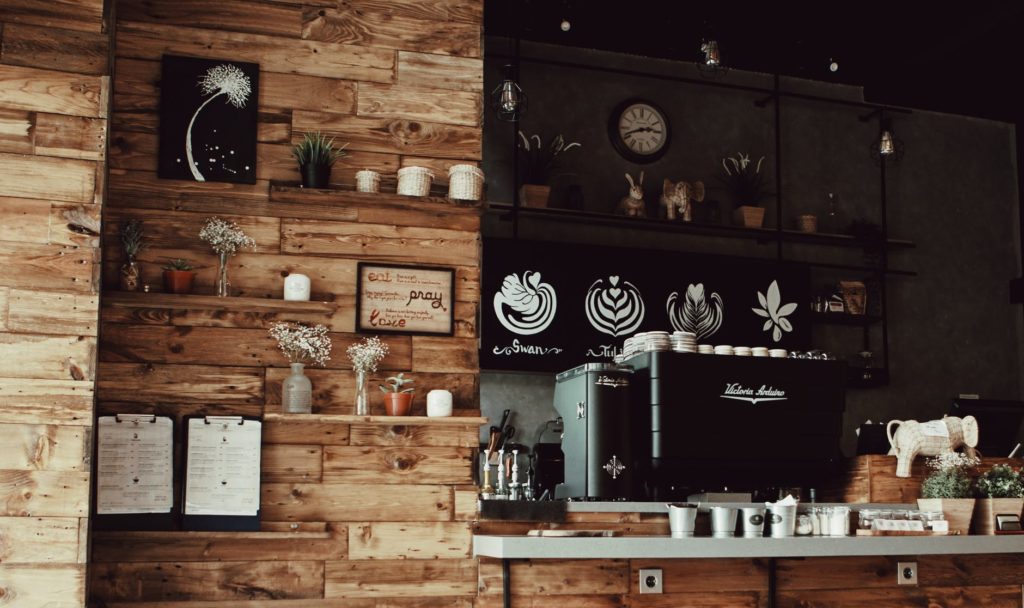
By Dr Sarah Montano
Department of Marketing, University of Birmingham
COVID-19 has obviously had a severe impact on all businesses, from multi-nationals to independent, although the ONS states that there are signs of recovery with retail sales in June at near pre-lockdown levels. But how can independent businesses re-open and stay successful whilst maintaining social distancing guidelines?
Despite the impact of social distancing and the concerns around local lockdowns, the picture is perhaps not as bleak for local high streets as we might expect, in fact the news for local amenities might be much more positive than that for city centres.
Firstly, this may be because people are more likely to be staying around their immediate locality and not travelling into city centres for work or social activities. For the near future, many people will be working at home rather than travelling to work to a main office. Indeed, Google has said that employees are to work from home until July 2021. Furthermore, people may be reluctant to travel on public transport for non-essential activities, such as eating out. Eating locally becomes a preferred option and not just for evening meals, for example, people may walk to their local coffee shop for lunch, so there are opportunities for eateries to offer menus catering for these new customers. In addition, the government’s Eat Out to Help Out Scheme goes some way to encouraging customers to eat out in their locality.
Secondly, companies are becoming ‘phygital’ by offering an innovative environment that merges both online (digital) and offline (physical). This may be as simple as integrating an ordering app, that allows customers to stay sat at their tables and order food and drink, or retailers may offer a click and collect service so that customers can order online and arrive at the premises to collect their order, rather than browsing in store. The COVID crisis may allow companies to become more innovative in order to remain successful and so ‘phygital’ may become something more complex and social, such as offering individual or group online classes e.g. cocktail making or make up demonstrations, or creating a synchronous online and offline experience, such as quiz nights. More complex innovations could be using AR (augmented reality) to allow customers to view products in their own home, without having to visit a store.
Finally, local neighbourhoods are about helping create social experiences and bringing people together, they are not just for the functionality of shopping. They are where we make friends, meet friends, get to know the local bookshop owner who recommends new authors, our hairdressers become our confidents, they are spaces that allow us to escape home and relax over a coffee (without the children!). Whilst what we can and can’t do at the moment is challenging and frequently changing, our local high streets help to fulfil our social needs, and so one positive effect of the COVID-19 crisis, could actually be that the high street will arise and flourish, where once it was deemed to be dying.
The views and opinions expressed in this article are those of the author and do not necessarily reflect the official policy or position of the University of Birmingham.

I hope you are right about there being a benefit for local businesses. In many cities the once full office blocks are now half full, as a hybrid working from home model emerges. Each of those employees represents a customer to the local small businesses – the sandwich bar, the coffee bar and the barbers. There is nothing quite as depressing as a high street with boarded up shops.